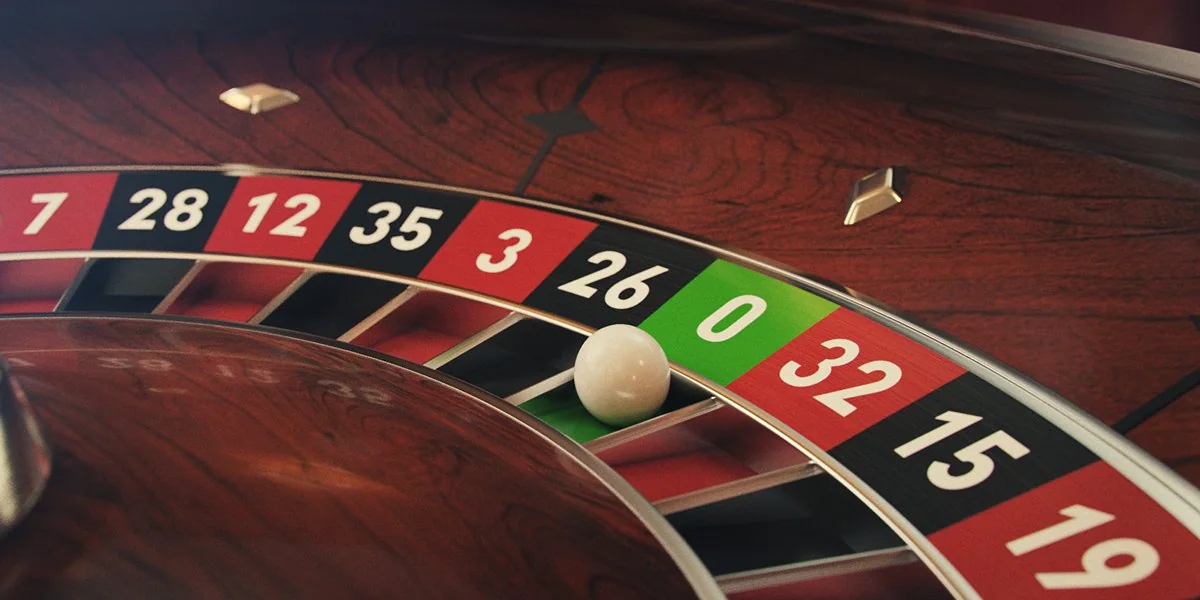The Role of the Croupier in Roulette – Managing the Wheel and the Game
Croupiers play an essential role in casino gaming. Trained to identify signs of cheating and report any suspicious behaviors to management, they also work tirelessly to provide players with a safe and transparent gaming experience online.
Croupiers live a fast-paced life and often work long shifts during weekends and bank holidays, often on their feet for extended periods of time. Certain croupiers specialize in one game such as blackjack, roulette or poker and some may specialize in only that field.
Rules
While it can be easy to overlook their role, croupiers play an integral part in online roulette’s payouts. A croupier will ensure all bets have been properly placed and will announce any winnings as they occur, verify all bets have been paid out, collect losing chips from bettors, and verify they have all been collected by collecting any losing chips from each table.
Before the wheel is spun, players place bets on individual numbers, groups of numbers, colors (red or black), odd or even numbers and more. Once all bets have been placed, croupier spins the wheel letting its steel ball land into one of the colored and numbered pockets on the table.
Croupiers must be adept at accurately dealing cards and computing payouts while simultaneously maintaining an engaging demeanor and charming patrons, all the while adding subtle yet captivating showmanship that engages players and creates unforgettable experiences – the lifeblood of casinos like Aviator game!
Betting options
Roulette allows players to place bets on individual numbers or groups of numbers. Each bet affects payouts differently; for instance, making a maximum or full-complete bet receives higher rewards than making standard red/black/odd/even wagers; this requirement explains why croupiers must possess both exceptional customer service skills and quick mental math calculations.
Croupiers must oversee gaming while also upholding casino rules. Their job requires unwavering focus during long shifts; to become one, you must pass a criminal background check and undergo training lasting up to six months. After this step is completed, croupiers must acquire their Personal Functional Licence valid for five years which can be obtained online after filling out an application.
Payouts
Croupiers are responsible for overseeing various table-games such as roulette, blackjack and poker tables, calculating payouts in an equitable fashion to ensure fair play for all players – something requiring superior math skills as well as customer service expertise and the ability to focus throughout lengthy shifts.
Croupiers in live games must recognize signs of cheating from players. A player may use body language or betting patterns to deceive the croupier; thus they must adhere to stringent cash management procedures so as to prevent fraud.
Training to become a croupier typically lasts six months and includes an examination that grants them their Personal Functional License (PFL). Once complete, certificated croupiers can work in casinos across large towns or cities as well as cruise ships; their salaries tend to be competitive and tips from players often generous – helping cover the expenses involved with training and certification.
Variations
Croupiers not only oversee roulette wheel and game management, but they also host live dealer versions of card and table games such as blackjack. These authentic online gambling experiences offer players more excitement when gambling – especially those who have an avid passion for casino gambling!
Players exchange money for wheel check chips issued by the croupier – these chips differ in color from regular casino chips – which they then place on a betting strip baize before placing these bets with the croupier, who verifies each position before spinning the wheel to determine who won based on which number lands where.
Croupiers work fast-paced shifts, multitasking between customer interactions and determining payouts of every wager placed by customers. They are also charged with monitoring for signs of cheating by monitoring body language or poker-playing patterns that might suggest collusion; reporting suspicious behaviors to casino management – something that may prove challenging in a lively live casino where scammers might be hard to spot.




